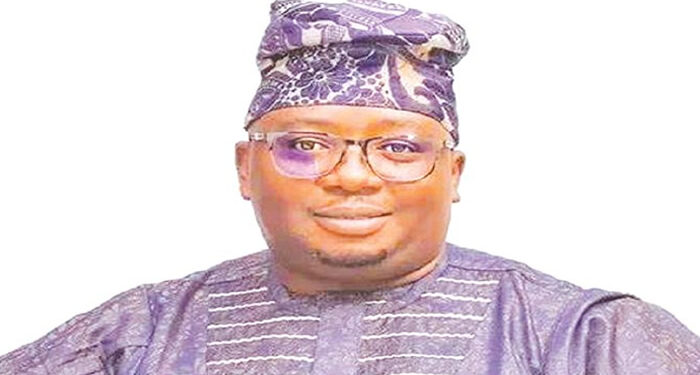Amidst the ongoing struggles of Nigerians grappling with the aftermath of the petrol subsidy removal, the Federal Government made a significant move last week by removing the subsidy on electricity for consumers on Band A feeders. This decision aimed to address the mounting debt crisis in the sector.
Following his appointment as Minister of Power, Adebayo Adelabu had expressed intentions to eliminate the electricity subsidy, citing the unsustainable burden on the government. Although the subsidy removal was initially slated for January, it was reportedly delayed by President Bola Tinubu.
Similar to the petrol subsidy saga, both government officials and stakeholders in the power sector agreed on the necessity of customers paying for the electricity they consume. While the government argued for the end of the subsidy regime, citing its unsustainability, industry investors advocated for a fully deregulated power sector to alleviate liquidity challenges.
Initially hesitant, President Tinubu eventually conceded to the stakeholders’ arguments, acknowledging the need for liquidity in the power sector through cost-reflective tariffs. Adelabu reiterated the government’s inability to sustain the subsidy, particularly considering the escalating power debt, which stood at N1.3 trillion to electricity generating companies and $1.3 billion to gas companies.
Despite the Senate’s opposition to the proposed hikes in electricity tariffs and subsidy removal due to the prevailing economic hardships, the Federal Government proceeded with the removal of the subsidy for Band A consumers, leading to a significant increase in tariffs, sparking public outrage.
Critics questioned the fairness of subsidizing electricity for affluent individuals while many Nigerians struggled with inadequate power supply. Adelabu proposed a phased removal of the subsidy over three years to mitigate the impact on citizens already facing multidimensional poverty.
However, the complete withdrawal of the subsidy from Band A tariffs, resulting in a 240% increase in charges, elicited widespread condemnation. Nigerians expressed dismay over the disparity between the supply received by Band A consumers and the rest of the population, raising concerns about fairness and transparency in billing.
Furthermore, the decision to implement the tariff hike without adequate consultation with the National Assembly drew criticism from lawmakers, who argued that Nigerians were already burdened with various challenges, including inflation and insecurity.
Amidst calls for reconsideration and refunds for overbilled customers, the National Electricity Regulatory Commission (NERC) directed DisCos to release a full list of Band A consumers. However, revelations of downgrading feeders with minimal power supply intensified public dissatisfaction, prompting calls for accountability and a review of the decision.
Critics, including political and sociocultural organizations, lambasted the tariff increase, accusing the government of exacerbating economic hardships and undermining recovery efforts. Calls for the removal of the Minister of Power, Bayo Adelabu, emerged, highlighting concerns over his management of the sector and failure to ensure consistent electricity supply.
























